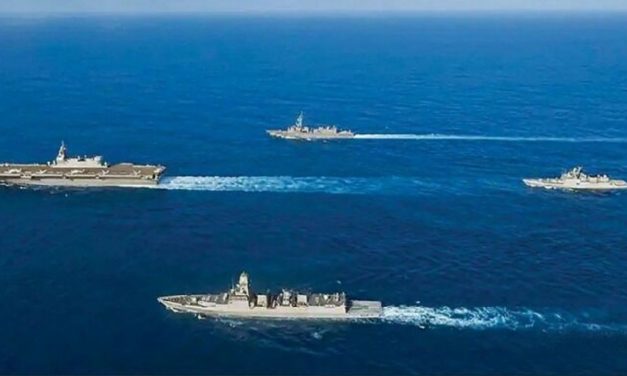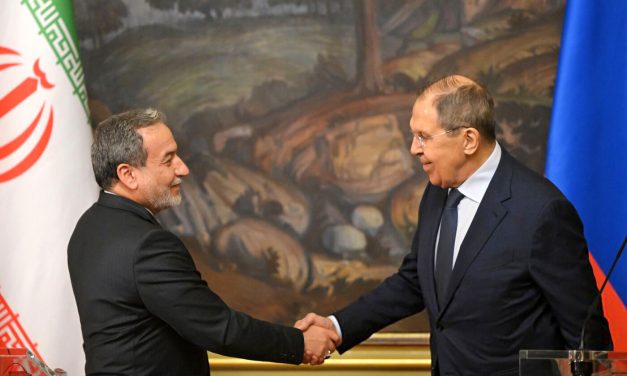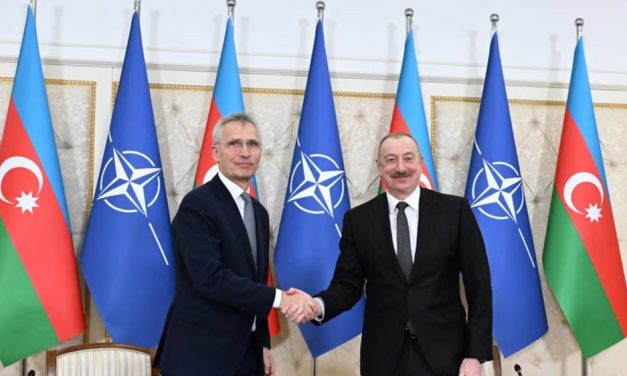Regional Developments and the Necessity of Establishing Collective Security in the Persian Gulf
Strategic Council Online – Interview: A regional security researcher said: If the security of the Persian Gulf becomes an area of cooperation among governments, many political and security misunderstandings will also be eliminated.


















